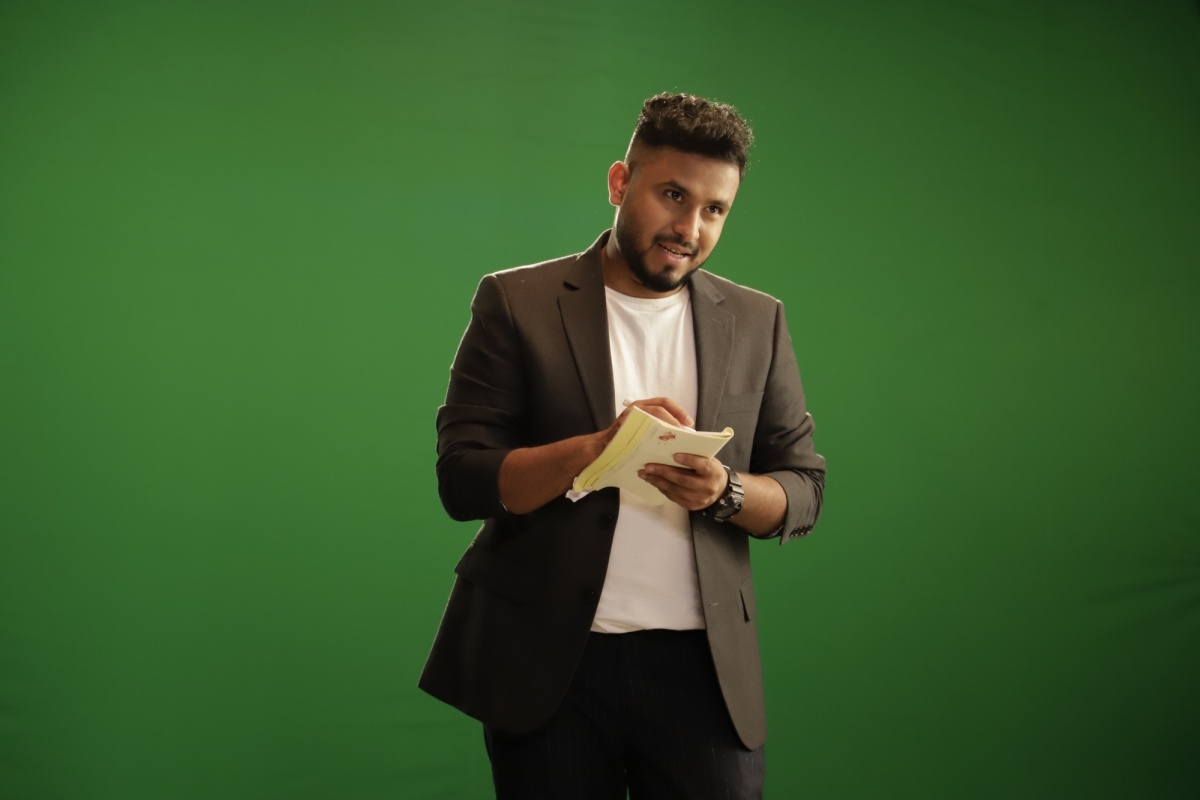“People think that we are a community, but that is not the case. Believe me, we are all independent mercenaries living in the same town,” says stand-up comedian Abish Mathew. He, however, adds that the lockdowns have enabling comedians to create online, not necessarily stand-up but different formats of comedy. “I now have immense respect for people who have done that.”
Mathew feels that the rise of stand-up comedy in the past few years must be attributed to the Internet. “Earlier, there was a collective of people who wanted to go to cafes and organise Thursday night open-mics. We, as stand-up comedians, used to put in a lot of work on stage to get better performing live. If you do a live show, you might get Rs 7,000 a night. That was the main income to just pay off the rent. When the Internet came in, all of us slowly adapted to putting comedy online, not necessarily stand-up comedy. With the advent of the Internet, more platforms became available, and people started putting out material — and that has been the turning point.”
Advertisement
Admitting that while stand-up comedy may enjoy popularity in metros and bigger cities, it has not really been able to penetrate small town India, Mathew says that it is however important to remember that comedy has been an integral part of our culture. “Also, in stand-up comedy, you have many big names that have penetrated into many circles. People like Zakir Khan and Upmanyu have done extremely well. Down south, you have Niveditha Prakasam, who is popular across the country because of the work that she has done for Netflix. Yes, it may not have penetrated completely, but that just means that we need more people to start hitting the open-mic –bring their own stories and narratives onstage, and hopefully online.”
Mathew who has been a musician and radio jockey smiles that he quite misses his previous avatar. “When I started stand-up, I did not have a microphone in my hand and a stool. I used to wear a lapel and carry a guitar. That allowed me to spread my material. It used to be a vaudeville kind of performance. I stopped doing that — and that is what I miss — that one hour of variety.”
At a time when comedians are under close scrutiny in face of touche politicians and political parties, Mathew feels that the key is not to be careful, but mindful.
The artist, who recently spoke on author Deepa Narayanthe podcast �What’s a Man?’ says that while the questionnaire was designed for a man, it was done by a highly empathetic woman. “There’s a lot of empathetic notes that we take for granted when it comes to women, we have been the dominant gender because of the subjugation of women for a very long time.”
Talk to him about his process and he smiles that it is ‘chaos’. “We don’t know till we take it to an open mic. You take the idea, a thought or a joke on stage. And only then you get to know if the concept holds water, I write down beats of what happened, what happened after that… I will speak out loud while writing it down. And when I perform it onstage, I act as if I am telling a friend about the incident.”
Mathew who was part of the controversial AIB Roast several years back says that everybody saw the repercussions of the society not wanting it. “And frankly, I do not blame them for that. Just because a circle of us liked it, it does not mean that everyone would. It is the responsibility of comedians like me to get as many people who want to do stand-up, on board. It is paramount that the clay pot becomes bigger.”











